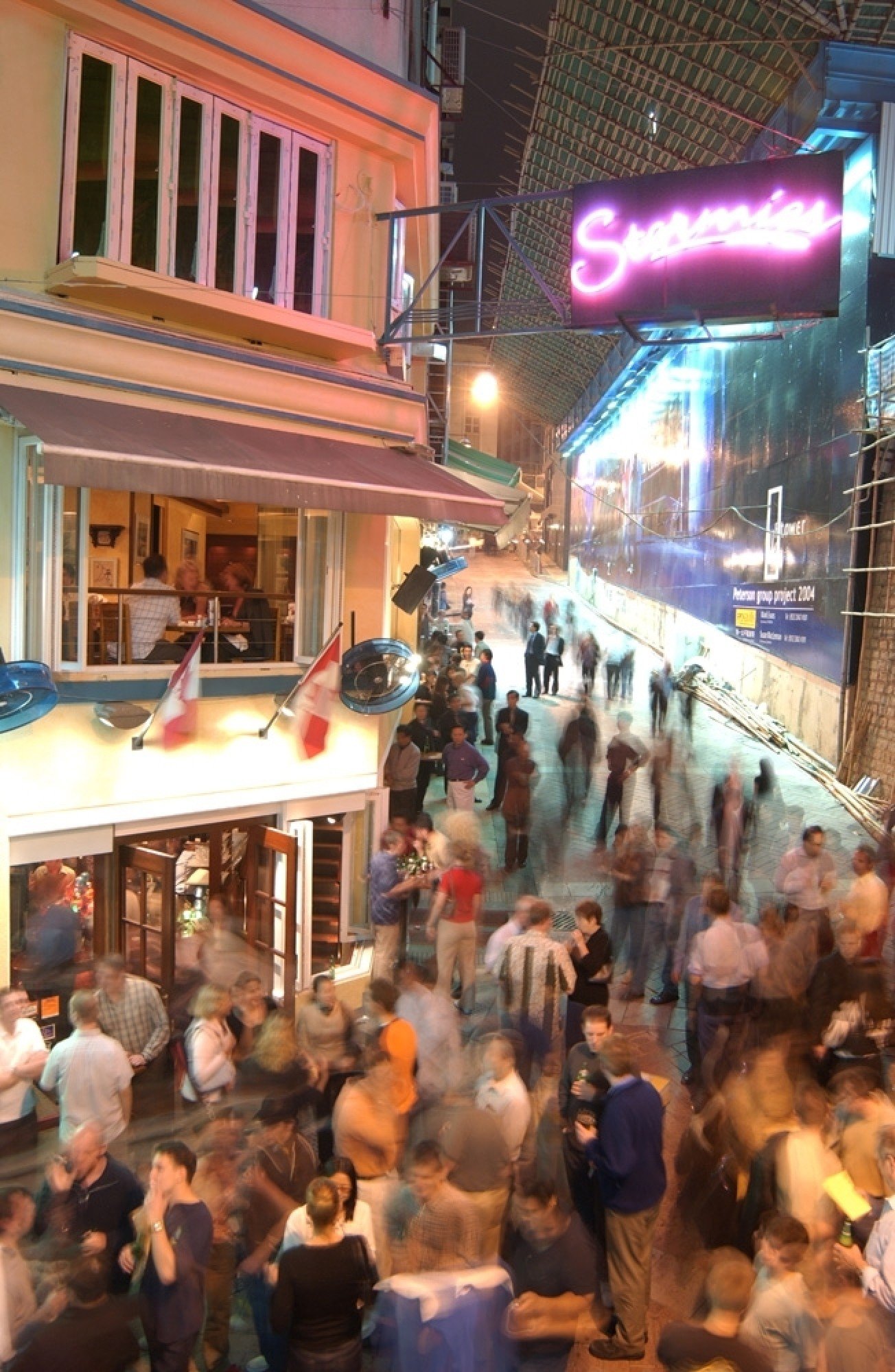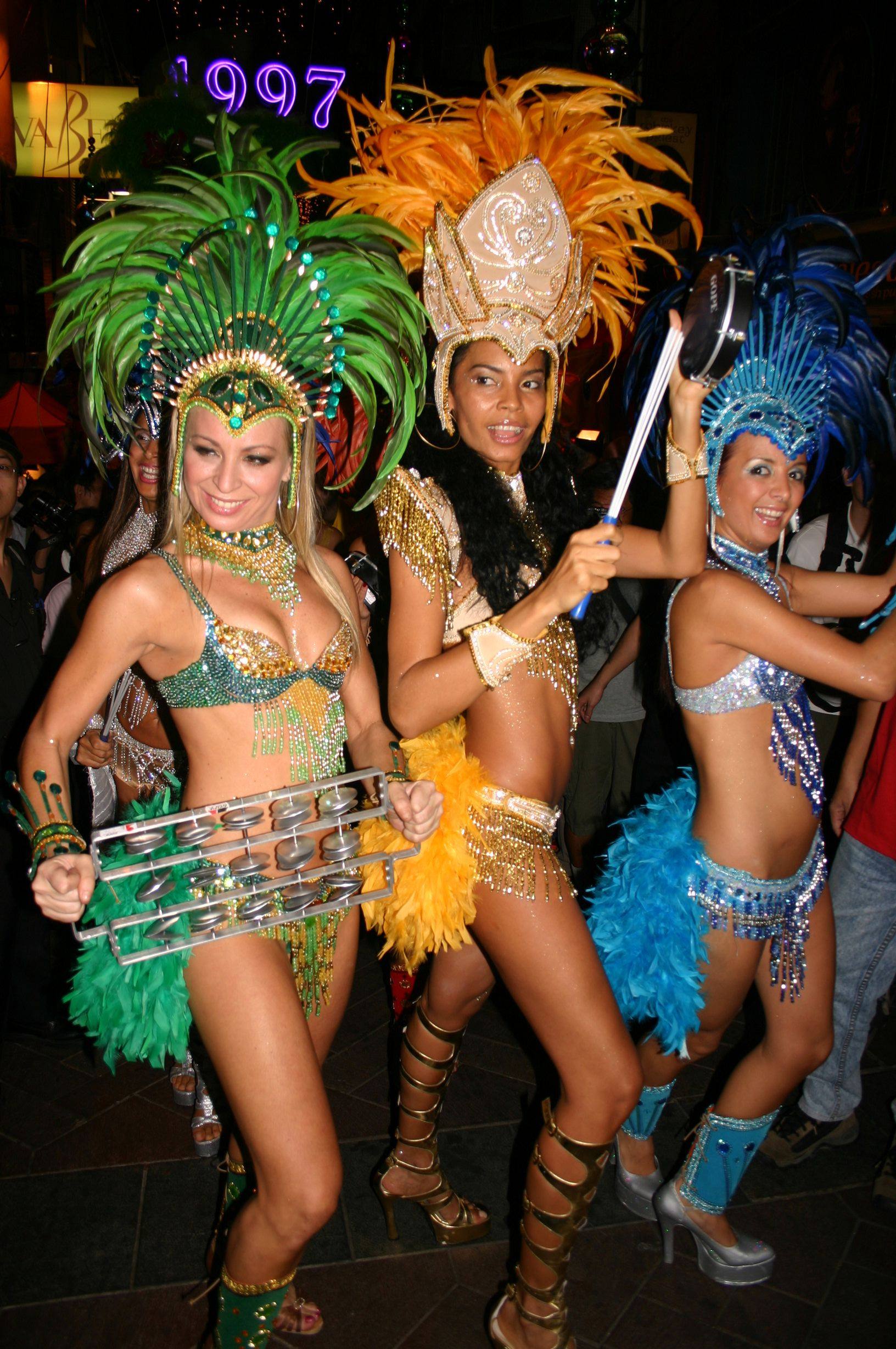
Hong Kong has lost its mojo. We all know why. ‘Night Vibes Hong Kong’ campaign to re-energise nightlife can’t change that
- Official efforts to revive Hong Kong nightlife won’t work when Chinese tourists have no need for overpriced hotel rooms and residents have so many alternatives
- But Hong Kong hasn’t lost its mojo merely because its people – those that haven’t emigrated of late – spend their money in Shenzhen, Japan or Thailand
From the 1950s to the 1980s, Hong Kong’s vibrant, internationally famed nightlife scene owed its very existence to the absence of comparable regional equivalents.
Tokyo and Osaka were nigh impossible for non-Japanese speakers, Manila and Bangkok were raunchy and sleazy, Singapore put itself to bed early, and by the early ’50s, the Communist assumption of power in mainland China had extinguished Shanghai’s once mind-boggling plethora of nocturnal recreational possibilities.
Those who could do so decamped in droves to the British colony and, in their new locale, recreated much of what they had unwillingly left behind.
“Night Vibes Hong Kong”, the latest desperate-looking official endeavour to magic up creative solutions to obvious economic problems, neatly sidesteps any real attempt to honestly examine just why these challenges exist in the first place.

Much as one cannot awaken someone who pretends to be asleep, so it would appear with the latest raft of underwhelming suggestions to “revitalise” and “re-energise” Hong Kong’s flagging nightlife industry.
Even the choice of language deployed implicitly suggests that the best times are in the past, and the city is now a “place that once was”; sad, self-defeating and rather pathetic.
Wondering what to do after dark? The Post unpacks ‘Night Vibes Hong Kong’
Exponentially expanded options, through greatly enhanced transport links to the immediate hinterland, have rapidly diminished any reverse arbitrage of Hong Kong’s hitherto-trumpeted comparative advantages for shopping, eating and drinking.
If local consumption stimulus – not increased tourist numbers – is the officially identified solution, then this has inherent flaws. In the past three years, hundreds of thousands of people have left Hong Kong permanently.

Those who remain in Hong Kong – not unreasonably – choose to spend their spare resources in better value regional locations such as Japan and Thailand.
The wilful absence of joined-up thinking lies at the root of this problem. Only from that logical – if uncomfortable – starting point can it be determined whether the proposed measures are viable or whether the underlying issue is deep-seated, systemic and intractable without recourse to other honestly and perhaps painfully addressed solutions.
Hong Kong hosts Wan Chai bazaar but power supply glitches zap event energy
Calm, rational exposition of blindingly obvious facts to those in power in contemporary Hong Kong inevitably brings forth a shrill torrent of rote-learned, adverb-raddled denunciations, which usually climaxes with that final angry parrot’s squawk – “doomed to fail!”
Unsurprisingly, few sensible persons bother to try.
So here we go – perverse though it may be to even openly say so. Until “2019 And All That” supervened, Hong Kong was an open society where – within the usual legal constraints – the general population could (and did) think what they liked, and say what they chose.
In consequence, nonsensical non-starters like the Night Vibes “initiative” – along with their ultimate perpetrators – go unchallenged in the city’s echo chambers.
No amount of gimmicks – night markets, light shows and so on – can alter one basic fact; everyone who chooses to think for themselves recognises the ultimate root causes for why Hong Kong has so obviously lost its mojo in recent years.

